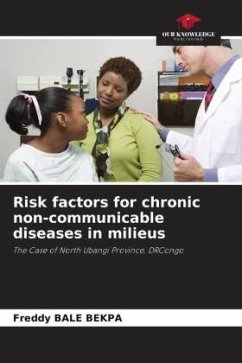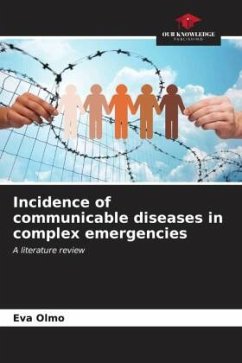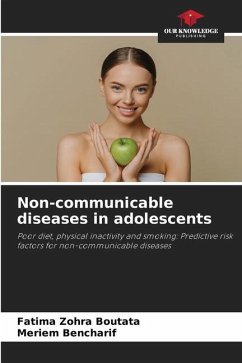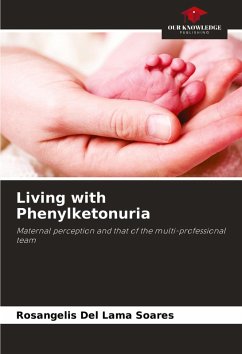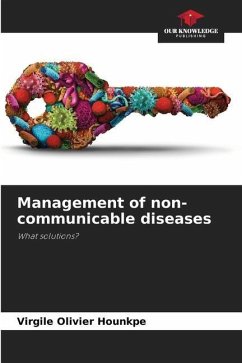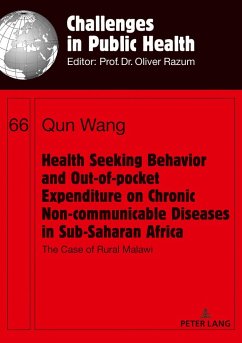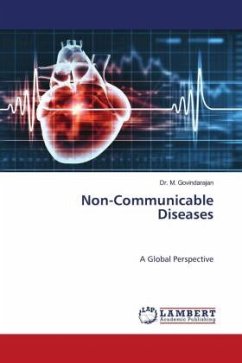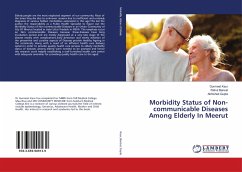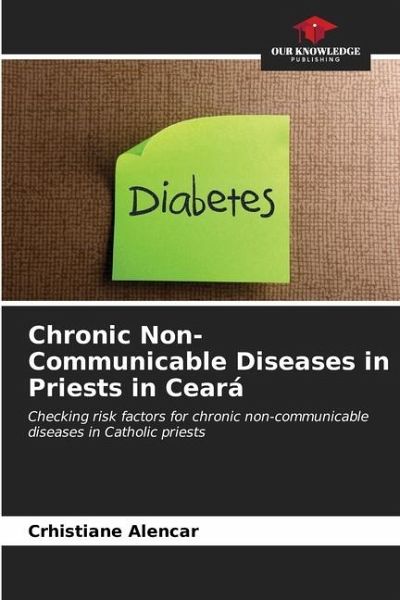
Chronic Non-Communicable Diseases in Priests in Ceará
Checking risk factors for chronic non-communicable diseases in Catholic priests
Versandkostenfrei!
Versandfertig in 6-10 Tagen
27,99 €
inkl. MwSt.

PAYBACK Punkte
14 °P sammeln!
This study showed that priests had a daily diet based on a low intake of beans, vegetables and fruit, foods considered to be protective against NCDs. However, there were healthy habits such as a low-sodium diet, a preference for fat-free meat and skinless chicken, low alcohol consumption and frequent physical exercise. As for reported morbidity, the vast majority said they did not suffer from Diabetes Mellitus, Systemic Arterial Hypertension and Gastritis/Gastroesophageal Reflux Disease. The aforementioned results point to the urgent reconstruction of the social idea of men's health, i.e. that...
This study showed that priests had a daily diet based on a low intake of beans, vegetables and fruit, foods considered to be protective against NCDs. However, there were healthy habits such as a low-sodium diet, a preference for fat-free meat and skinless chicken, low alcohol consumption and frequent physical exercise. As for reported morbidity, the vast majority said they did not suffer from Diabetes Mellitus, Systemic Arterial Hypertension and Gastritis/Gastroesophageal Reflux Disease. The aforementioned results point to the urgent reconstruction of the social idea of men's health, i.e. that an intersection between the nursing team and other sectors of society in the fight against health inequalities can slow down the growth of NCDs, prevent their appearance and mitigate their effects.



